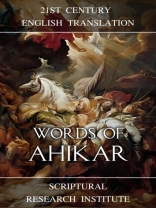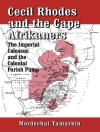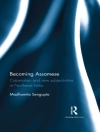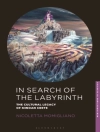The Words of Ahikar is the oldest surviving Israelite story, with known copies in Aramaic dating back to the 5th century BC. As it has been translated into many languages over the past two and a half millennia, it now has several names and translations, including the Words of Ahiqar, the Story of Ahikar, and various variations of the name, including Achiacharos, from the Greek translation, Ảḥyqr from the Aramaic translation, Akyrios from the Old Slavonic translation, Ḥayqār from the Arabic translation, and Xikar from the Armenian translation. This translation uses the most common English variation of Ahikar, which is based on a transliteration of the oldest surviving Aramaic version of the name. The oldest fragments of this book found to date, were discovered in Elephantine, Egypt, and date to the 5th century BC, making it a couple of centuries older than the oldest of the Dead Sea Scrolls.
It is not considered to be a true historical story by any modern academics or theologians. It is universally considered to be a work of fiction for several reasons, not the least of which are the boys flying on the backs of trained eagles. Another reason that the work is not considered historical, is that the Assyrian kings are not mentioned in the correct order, as King Esarhaddon was actually Sennacherib’s son, not his father. Both Kings are well known from the historical records of the Assyrians, Babylonians, and Egyptians. Moreover, Esarhaddon and his son Ashurbanipal liberated Egypt from Kushite rule and established the vassal state of Egypt which ultimately became independent again when the Neo-Assyrian Empire fell. During the time of Sennacherib, Egypt was still under the control of Kush, and there was no Pharaoh for Ahikar to visit.
The book also refers to a King of Persia, centuries before there was a Kingdom of Persia, and is therefore generally dismissed as a quasi-historical work of fiction. Nevertheless, the Book of Tobit records that Ahikar was sent to Elam as an envoy, not Persia. As the Persians settled in the land of Elam after King Ashurbanipal destroyed Elam in the mid 7th century BC, the name Persia would have been the contemporary geographical term when the Aramaic translation was made, and not the original term. In any event, the author of Tobit must have had a copy of Ahikar that used the name Elam instead of Persia, or his reference to Ahikar going to Elam makes no sense.












